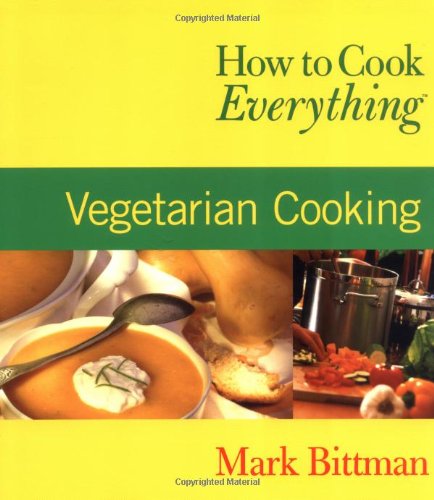

The basic books of the ’60s and ’70s, which were those by Jim Beard Julia Child Paula Peck Craig Claiborne and a few others. When you were learning the basics of cooking yourself, what kinds of cookbooks did you use? It’ll be trendy for some people and not for others, like everything else. The Basics, modesty aside, is the epitome of a cookbook: It’s a book that teaches how to cook. I think that the books about lifestyle and trends in restaurant food are not cookbooks. Do you think that The Basics is almost an anti-trend cookbook? It seems like a lot of cookbooks are more about lifestyle and the latest trends in restaurant food. And what I think is that although cooking goes a long way to helping us eat better, there are many, many issues that cooking can’t address, important issues to anyone who eats–which is everyone. The Opinion writing gives me a chance to say what I think not only about cooking but about food, about eating. It’s a huge change but I haven’t left much behind I’m still writing about cooking not only for the Times but for others. Would you say that The Basics reflects this big change in your career, and how you can present your ideas? This year, you ended your “Minimalist” column for The New York Times and became a regular op-ed writer. In terms of thinking about food, see the next question. These are cookbooks for people who cook or want to learn how to cook. In fact, the way I write cookbooks has barely changed: I try to write simple, straightforward recipes that encourage people to cook rather than wow or intimidate them. For me, there’s a big difference between how I think about “food” and how I approach writing cookbooks.

It’s actually been almost 14 years since the first edition, which I can hardly believe myself. How has your approach to thinking about food and writing cookbooks changed since then? It’s been ten years since How to Cook Everything came out. Q&A with Mark Bittman, author of How to Cook Everything The Basics


 0 kommentar(er)
0 kommentar(er)
